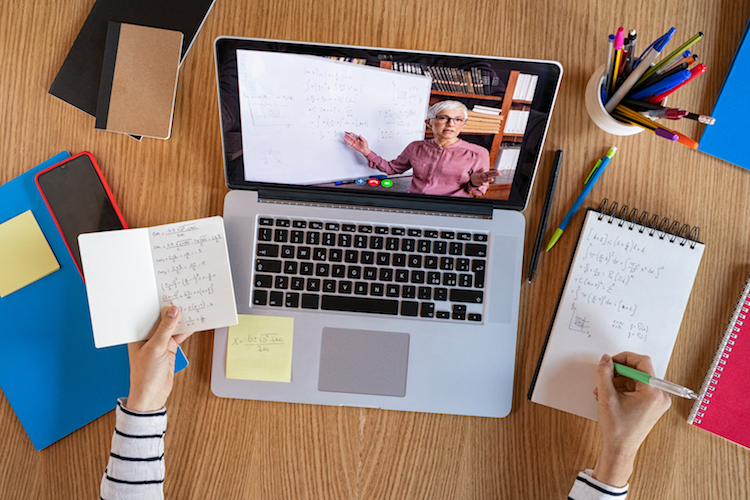Author: David Sands, on behalf of IOP HEG, GIREP, EPS-PED
The outbreak of the COVID-19 pandemic in late 2019 and the ensuing
lockdowns in early 2020 forced universities to move rapidly to distance
teaching in order to minimize the spread of the disease. With very
little time to prepare and in many cases little or no experience of
on-line teaching, there was a strong sense of an emergency response to a
crisis, with students showing a great deal of understanding. However,
with the summer of 2020 providing at least some opportunity to plan for
the onset of the new academic year in the autumn of 2020, there has been
an expectation that on-line teaching should provide an educational
experience that matches students’ expectations. The Physics Education
Division, working with the Higher Education Group of the Institute of
Physics in London and GIREP, the International Group on Physics
Education Research, is undertaking a project to evaluate the move to
on-line teaching and we would appreciate your help, as readers of EPN,
to gather information.
The survey is entirely anonymous and
provides for short descriptive or reflective comments on up to three
different activities. There are also a few questions aimed at some
contextual information about the respondent, such as country, as well as
a link to an independent survey which is intended only to provide the
opportunity to supply contact details should you be happy to be
contacted further. These details are not linked in any way to the
teaching survey and there is no intention to link responses to specific
individuals. In this way we hope to get an insight into views of on-line
teaching across Europe.
We would also like to elicit the views of
students across Europe and have prepared a similar survey. We would
appreciate your help in distributing the link to your students
regardless of whether you complete the staff survey or not. Again, the
information is anonymous and is intentionally not linked to the staff
survey. Nor does it ask for any information about individual members of
academic staff or even the institution. Our aim is to evaluate whether
students share the same perceptions as staff about what is effective or
not in remote teaching.
The survey is open until July, but an
early response would be appreciated, and we aim to report back through
EPN with some conclusions about what is effective and why and where
opportunities lie for further work in developing on-line teaching.
The staff survey can be accessed at: https://tinyurl.com/yt6cig44
------------------------------------------------------------------------------------------------------------------------
If you are willing to disseminate the survey to your students, we have prepared the following text to help you.
What are your views of on-line teaching?
As
a student of Physics, it would be valuable to hear your thoughts on the
transition to online teaching and assessment in Physics in response to
the Covid pandemic. What has worked well? What has been more
challenging? What changes would you like to see retained even when we
are allowed to teach face-to-face again?
This survey is quick to
answer and is gathering the views of physics students across Europe. It
is anonymous, and your thoughts are really valuable to inform future
teaching of Physics.
The student survey can be accessed at: https://tinyurl.com/1gx6xtvo
This
survey is being run through the professional organisations: GIREP, the
International Group on Physics Education Research; EPS, the European
Physical Society, and IOP, the UK Institute of Physics.
